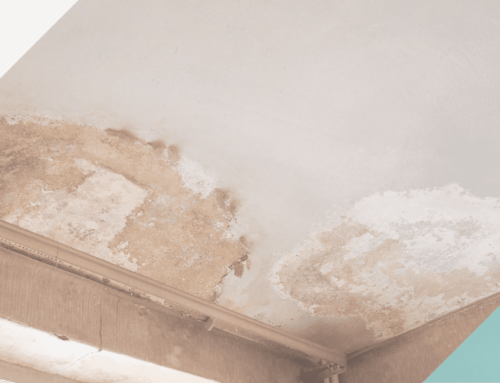Tenant fails to satisfy break clause in latest court ruling. The High Court has recently ruled that a tenant’s attempt to exercise a break clause within their contract was unlawful.
The case was centred around a tenant’s break clause contained in a 24-year lease of a three-story commercial unit. This clause would have allowed the tenant to end the lease early.
The tenant attempted to exercise the break in accordance with this clause by serving written notice to the landlord. One of the conditions of the clause was that the tenant was to give vacant possession of the premises. This typically means that the property is to be empty when it is returned.
The tenant returned the keys on the break date but had stripped out around 17 original fittings from the premises. The items that were removed were previously agreed to be fixtures and fittings belonging to the landlord under the lease.
The tenant had intended to replace the fixtures before he handed back the keys. Instead, the work was stopped prior to the items being replaced. The tenant decided to attempt negotiations in the hope a financial settlement for the outstanding work could be agreed upon. The negotiations regarding the settlement broke down and the tenant attempted to return the premises minus the original fittings.
The definition of premises
The landlord argued that by removing these fittings the tenant did not provide vacant possession of the premises and instead he had returned substantially less than the ‘premises’.
The definition of premises under the lease included “all of the fixtures and fittings at the premises except those which are generally regarded as the tenant’s fixtures and fittings.”
The tenant accepted that they would have to cover the costs of restoring the fittings but believed the property was vacant as it was empty. The tenant relied on the simple interpretation of vacant possession to mean that the premises must be free of people and items.
The Court decided that the removal of the fixtures is what the landlord had been trying to prevent when they had decided on the definition of premises.
It was found that the physical damage caused by the tenant stripping out the fixtures had a substantial effect on the landlord’s use of the premises and so the condition to return the premises to the landlord with vacant possession had not been satisfied.
How Attwells can help
This case could put tenants in a difficult position. They will need to be careful of the fact that whilst they need to give vacant possession they should not go too far and remove the landlord’s fittings and subsequently fail to satisfy the break.





